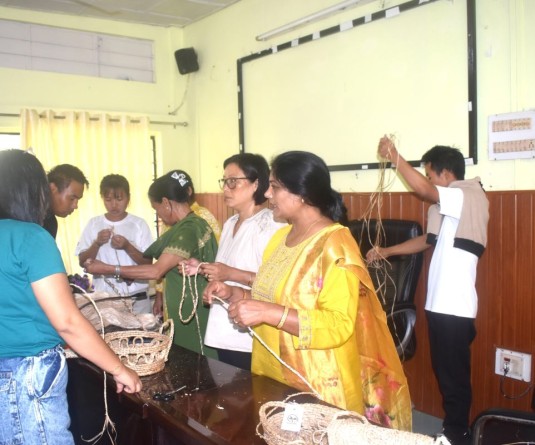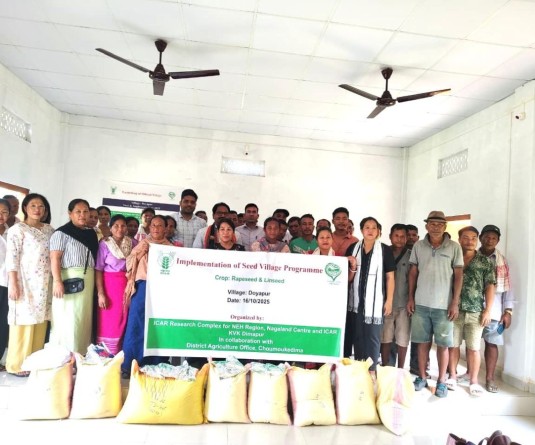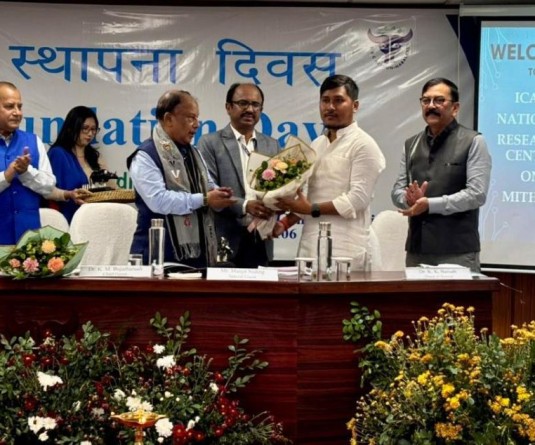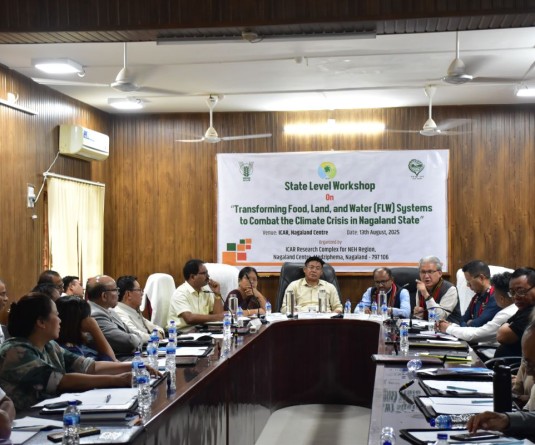
The concept behind Farmer Producer Organizations is that farmers, who are the producers and work to provide end-to-end support which includes crop inputs, technical of agricultural products, can form groups and register themselves under the Indian Companies Act. These are also known as farmers’ producer companies (FPC).Farmers Producers Organisations will be established and promoted through Cluster-Based Business Organizations (CBBOs) engaged at the State/Cluster level by implementing agencies. Initially, the minimum number of members in FPO will be 300 in plain areas and 100 in North East & hilly areas.
Need of an FPO for Farmers
• Small Size of landholdings. Nearly 86% of farmers are small and marginal with average land holdings in the country being less than 1.1 hectares.
• Good quality seeds are out of reach of small and marginal farmers mainly because of exorbitant prices of better seeds.
• Depletion and exhaustion of soils resulting in the low productivity demand good fertilizers, manures, biocides etc.
• Lack of proper irrigation facilities.
• Less or no accessibility to large scale mechanisation of agriculture.
• Challenges in marketing their products due to lack of economic strength. In the absence of sound agricultural marketing facilities, the farmers have to depend upon local traders and middlemen for selling their farm produce which is disposed of at an extremely low price.
Aim of Farmer Producers
Organisation (FPO)
• The main aim of FPO is to ensure better income for the producers through an organization of their own.
• Small producers do not have the volume individually (both inputs and produce) to get the benefit of economies of scale.
• Besides, in agricultural marketing, there is a long chain of intermediaries who very often work non-transparently leading to the situation where the producer receives only a small part of the value that the ultimate consumer pays which will be eliminated.
• Through aggregation, the primary producers can avail the benefit of economies of scale.
• Farmers Producers will also have better bargaining power in the form of the bulk buyers of produce and bulk suppliers of inputs.
Mission
• To promote economically viable, democratic and self-governing Farmer Producer Organisations (FPOs).
• To provide support for the promotion of such FPOs by qualified and experienced Resource Institutions (RIs).
• To provide the required assistance and resources – policy action, inputs, technical knowledge, financial resources and infrastructure – to strengthen these FPOs.
• To remove hurdles in enabling farmers access the markets through their FPOs, both as buyers and sellers.
• To create an enabling policy environment for investments in FPOs to leverage their collective production and marketing power.
Vision
To build a booming and sustainable agriculture sector by encouraging and supporting member-owned Producer Organisations, that enable farmers to enrich productivity through efficient, cost-effective and sustainable through collective action supported by the government, and fruitful collaboration with academia, research agencies, civil society and the private sector, resource use and realize higher returns for their produce.
Essential features of FPO
• It is formed by a group of producers for either farm or non-farm activities.
• It is a registered body and a legal entity.
• Producers are shareholders in the organization.
• It deals with business activities related to the primary produce/product.
• It works for the benefit of the member producers.
• A part of the profit is shared amongst the producers.
• Rest of the surplus is added to its owned funds for business expansion.
Services by FPO:
• Financial services: The FPO will provide loans for crops, purchase of tractors, pump
• sets, construction of wells, laying of pipelines. The FPO will provide various insurancelike crop insurance, electric motor insurance and life insurance.
• Input supply service: FPO will provide low cost and quality inputs to member farmers. It will supply fertilizers, pesticides, seeds, sprayers, pump sets, accessories, pipelines.
• Procurement and packaging services: FPO will procure agriculture produce from its member farmers, will do the storage, value addition and packages.
• Marketing services:The FPO can do the direct marketing after procurement of agricultural produce. This will enable members to save in terms of time, transaction costs, weighment loss, distress sales, price fluctuations, transportation, quality maintenance.
• Technical services: FPO canencourage best practices of farming, maintain marketing information system, diversifying and raising levels of knowledge and skills in agricultural production and post-harvest processing that adds value to products.
• Networking services: Making channels of information (eg. about product specifications, market prices) and other services accessible torural producers, facilitating linkages with financial institutions, building linkages of producers, processors, traders and consumers, facilitating linkages with government programs
Conclusions
FPO is the organisation of the farmers, by the farmers and for the farmers, financially assisted by the government. In Farmer producer organization, farmers can focus on farming as well as on-farm activities while the marketing and other management activities of the organisation will be accomplished by the professional staffs of the organisation. Although the registration of a producer company is time consuming and difficult, the association can confirm better price for the produce of its members. This organisation can also create better forward and backward market linkages. The main purpose of FPO is to ensureimprove income for the producers through an organization of their own. Enhancement in quality of the produce at the production, harvesting, and storage level can be reached on account of training and capacity building of the farmers/producers through FPOs. FPO, not only better price for the produce can be obtained but also rejection of the produce can be reduced. Reduction in migration can also be achieved through formation and promotion of FPOs.
Edited by Dr Pallabi Phukan, SMS (Social Sciences), ICAR-KVK, Longleng.






